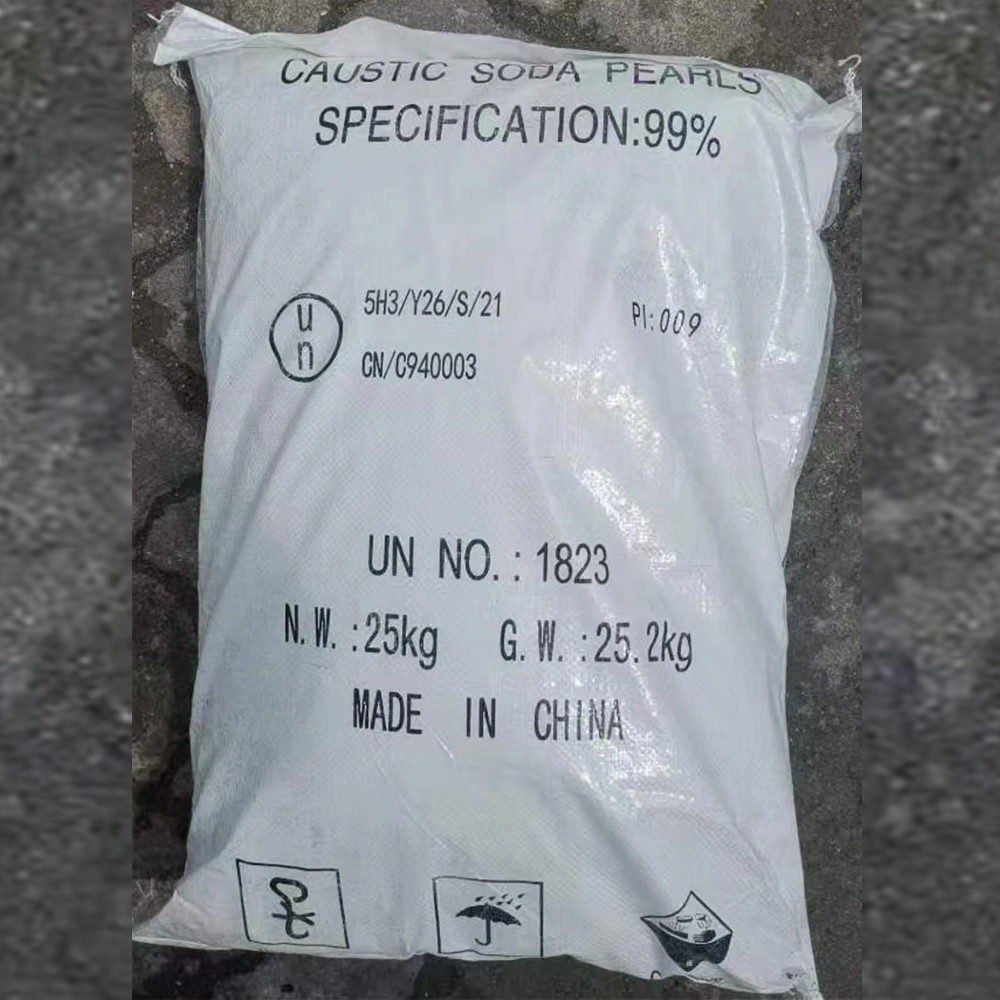



Innovative Solutions for Effective Swimming Pool Chlorination Systems and Maintenance Techniques
Understanding Swimming Pool Chlorination Systems
Swimming pools are an essential part of leisure and recreation for many households and public facilities. However, maintaining water quality in these pools is crucial to ensure safety and comfort for swimmers. One of the most effective methods for keeping pool water clean and free from harmful bacteria is through chlorination. This article delves into various swimming pool chlorination systems, their advantages, and factors to consider when choosing the right one for your needs.
Chlorination works by adding chlorine, a powerful disinfectant, to pool water. This process oxidizes impurities and destroys pathogens, making the water safe for swimming. There are several types of chlorination systems available, including traditional chlorine tablets, liquid chlorine, and saltwater chlorinators.
1. Traditional Chlorine Systems Traditional chlorine systems involve adding chlorine in the form of tablets, granules, or liquid. Chlorine tablets are the most common method used in residential pools. They are convenient and dissolve slowly, providing a steady release of chlorine. However, users must regularly check and balance chlorine levels to ensure optimal sanitation and avoid chlorine lock, a condition where the effectiveness of chlorine diminishes due to chemical imbalances.
swimming pool chlorination systems

2. Saltwater Chlorination Systems Saltwater chlorinators are becoming increasingly popular among pool owners. This system converts salt into chlorine through a process called electrolysis. The primary advantage of saltwater systems is that they maintain a more consistent level of chlorine in the water, reducing the frequency of manual additions. Additionally, swimmers often find saltwater pools gentler on the skin and eyes compared to traditional chlorine pools, which can be more irritating.
3. UV and Ozone Systems For those looking for alternative methods, ultraviolet (UV) and ozone systems can be integrated with traditional or saltwater chlorination. These systems use UV light or ozone gas to destroy bacteria and viruses. While they do not replace chlorine entirely, they enhance the overall sanitation process, allowing for lower chlorine levels and improved water quality.
When choosing a chlorination system for your pool, consider factors such as pool size, usage frequency, and budget. Traditional systems are typically less expensive upfront but may require more maintenance and chemical purchases over time. In contrast, while saltwater systems may have higher initial costs, they often provide savings in chemical costs and maintenance over the long term.
In conclusion, selecting the right chlorination system is essential for maintaining a clean and safe swimming environment. Whether you opt for traditional chlorine, saltwater, or advanced sanitation methods, regular monitoring and maintenance are key to enjoying your pool all season long. By understanding the various chlorination options available, pool owners can make informed decisions that suit their specific needs and preferences.
-
Leading Washing Powder OEM Brands | Custom Private Label DetergentNewsSep.01,2025
-
High-Purity Strontium Chloride (SrCl2) for Lab & IndustryNewsAug.31,2025
-
Anhydrous Formic Acid 80% 85% 94% - High Purity SolutionsNewsAug.30,2025
-
Accurate Fire Assay Flux for Gold & Silver Ore AnalysisNewsAug.29,2025
-
Advanced Paint Chem Solutions: Quality Chemicals for CoatingsNewsAug.28,2025
-
Potassium Nitrate: The Ultimate Fertilizer for Agriculture and GardeningNewsAug.25,2025
-
Potasium Persulphate: A Versatile Chemical for Industrial ApplicationsNewsAug.25,2025










